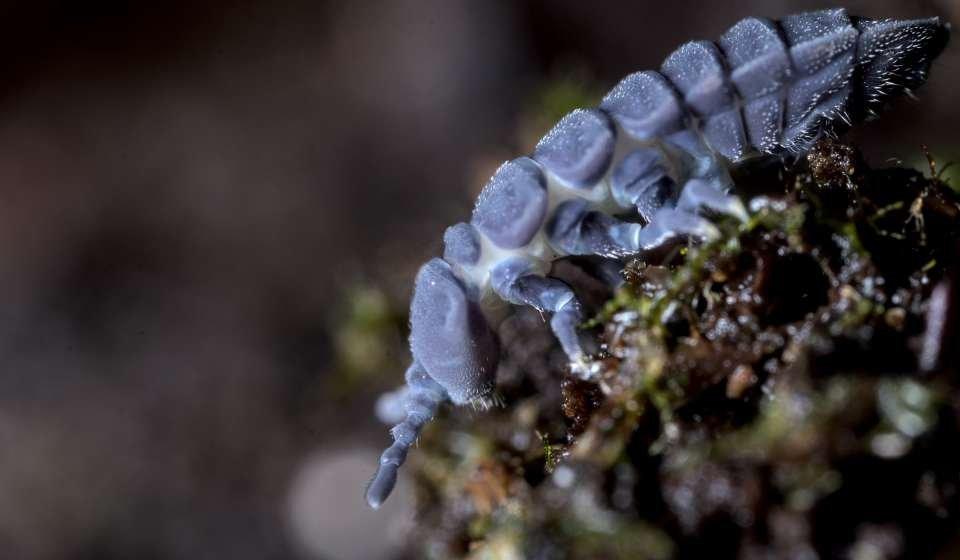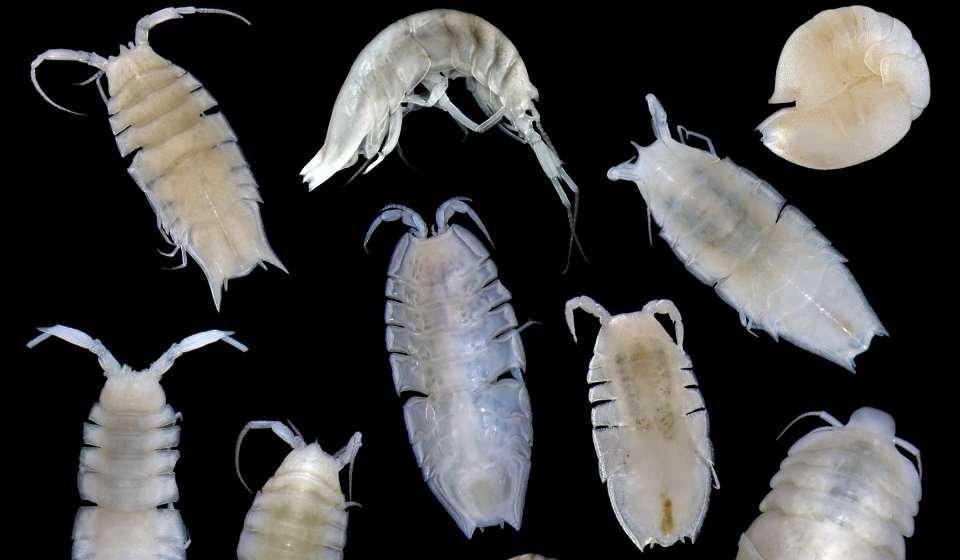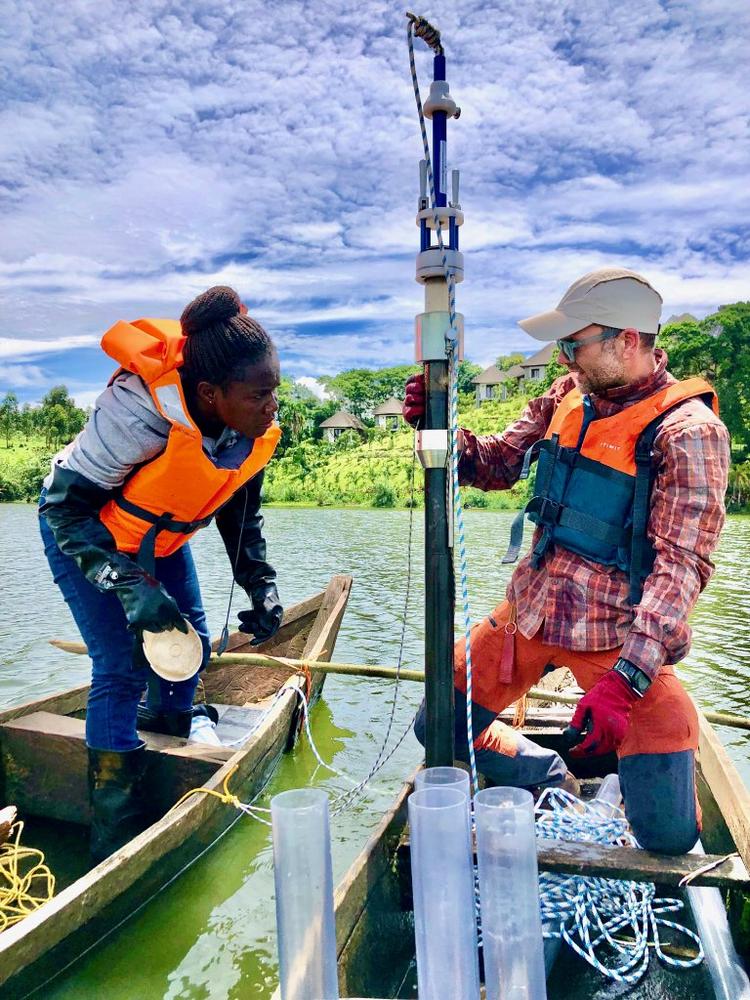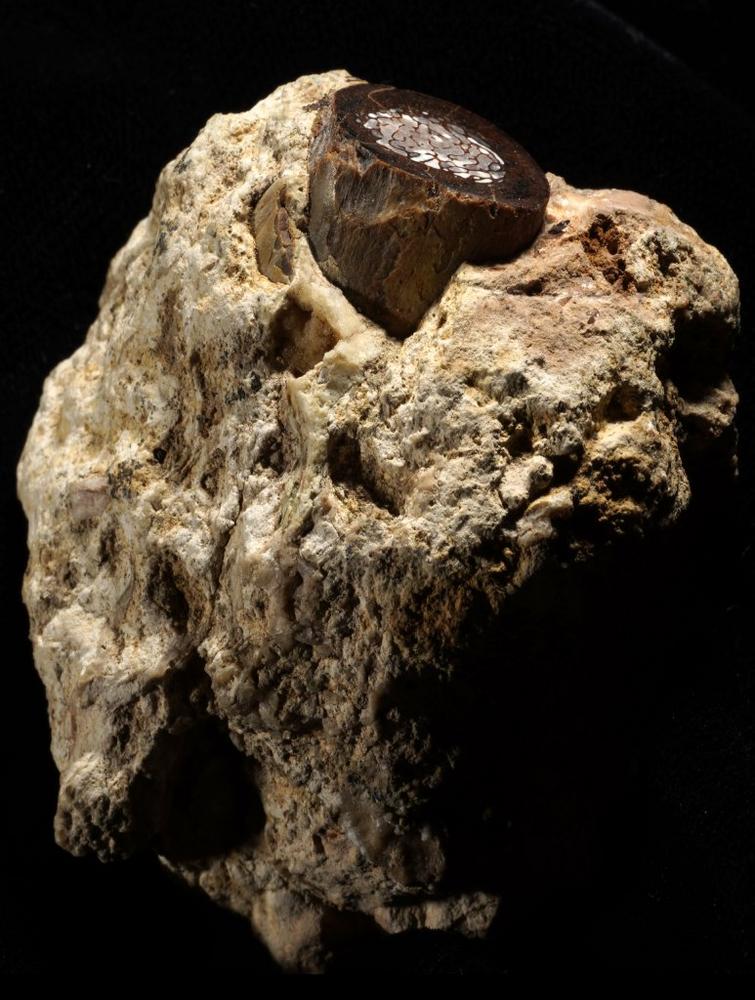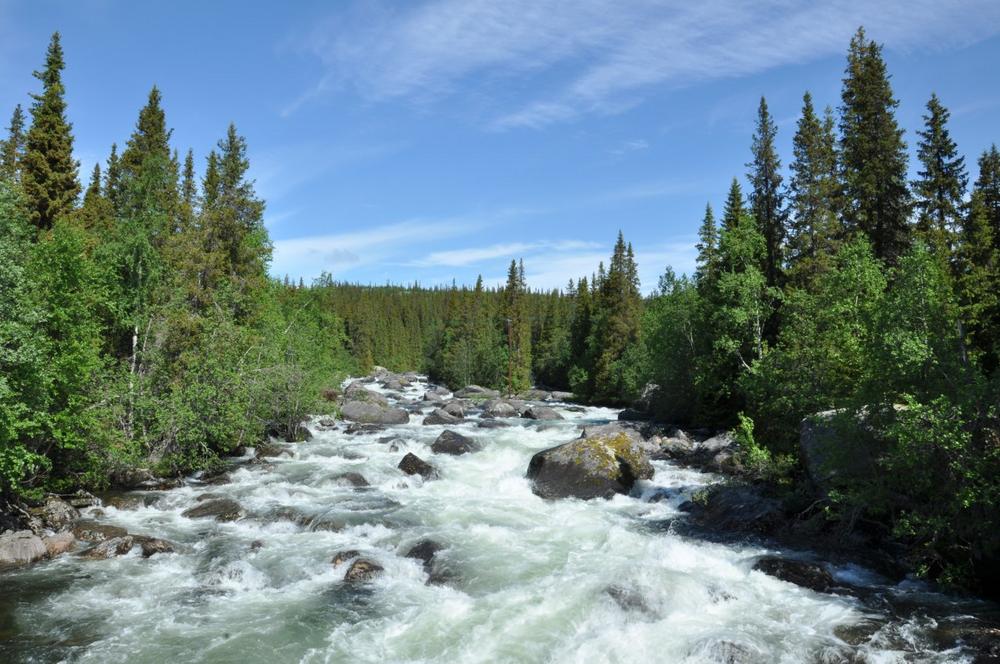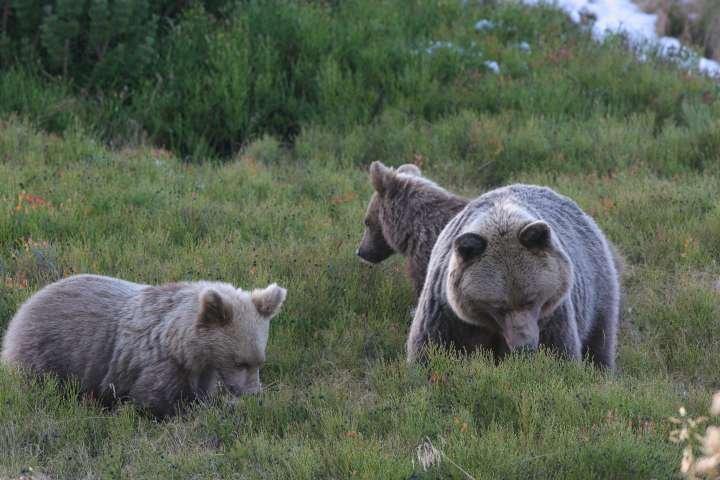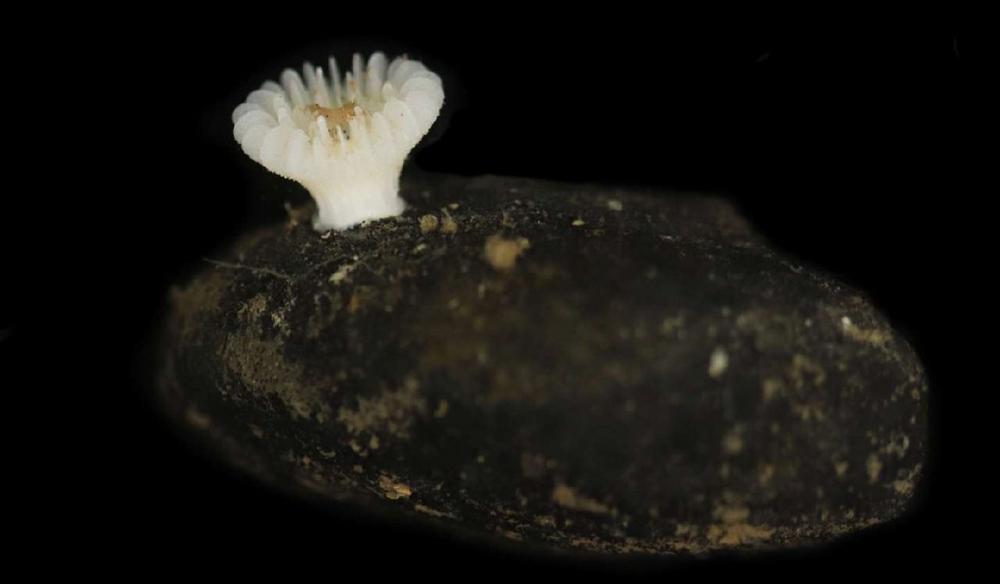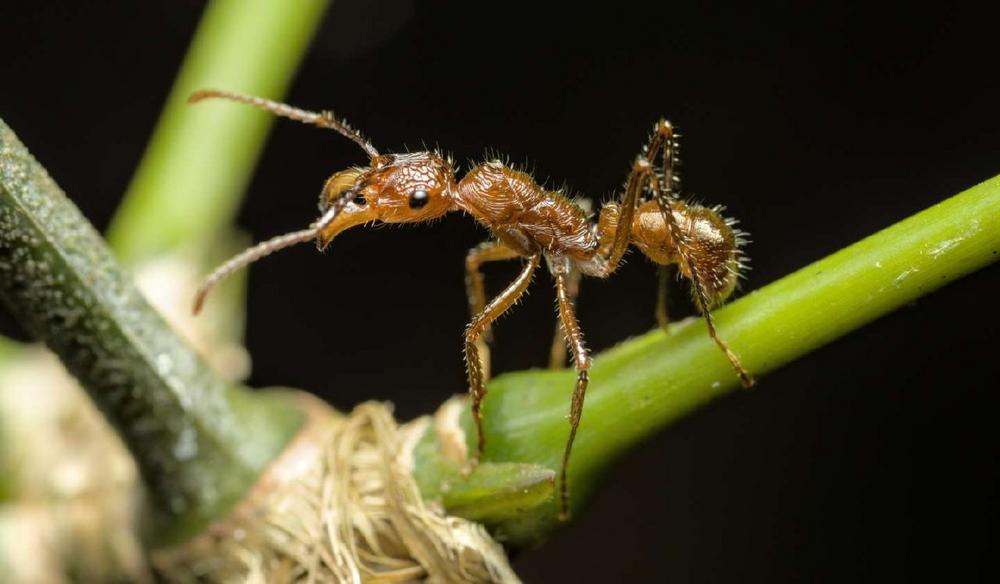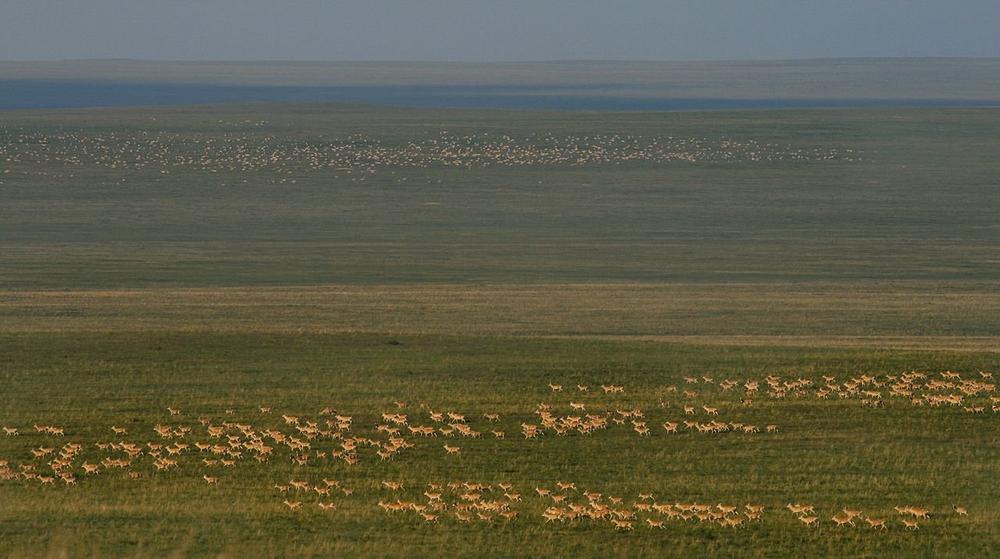Soil food webs conduct most of the energy in terrestrial ecosystems. Temperate and tropical forests are home to different communities of soil animals, but to date it was not clear how these differences specifically affect the structure and functioning of soil food webs in these large climate zones. In a new study, published in the […]
continue reading